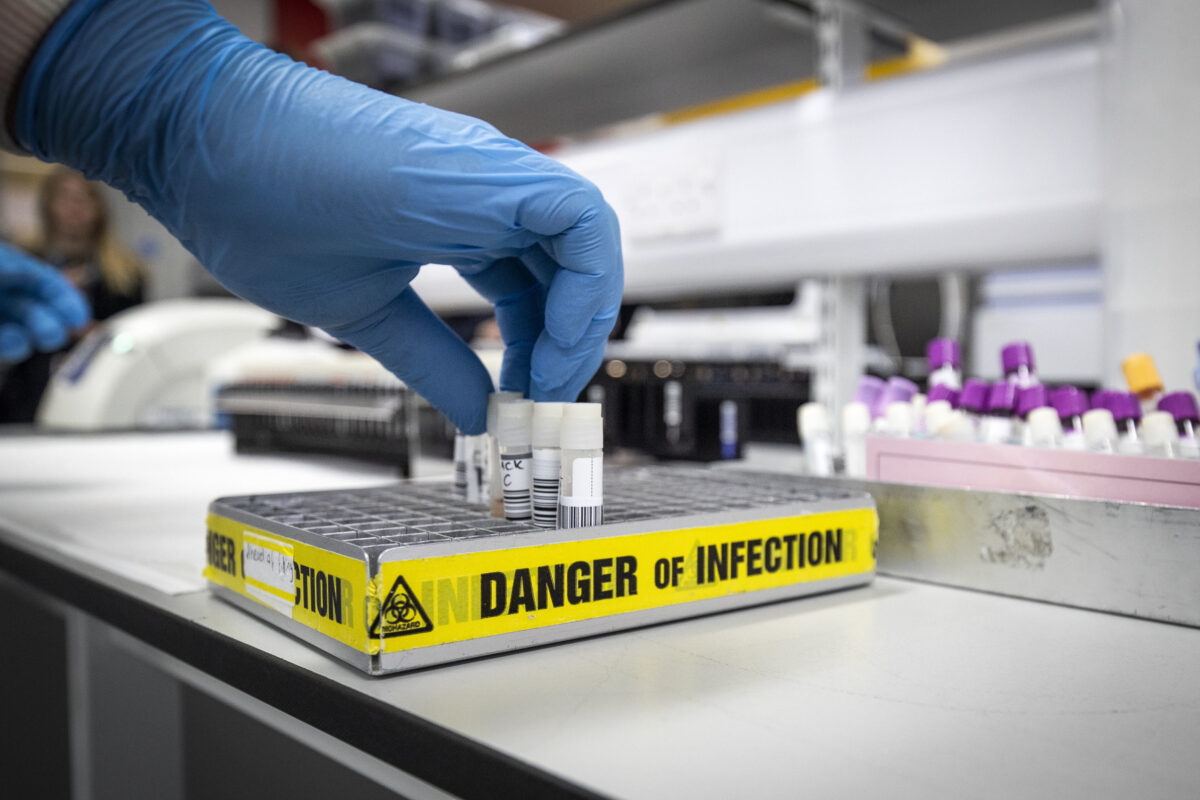Nairobi, November 2024 –A bold new bill in Kenya could soon grant individuals the legal right to donate the organs and tissues of their deceased loved ones—but with this power comes deep ethical and cultural challenges that could divide the nation.
 |
| Suregical Instruments |
A disturbing pattern of violence and body mutilation is
sweeping across Kenya, raising questions about the dark underworld of
human trafficking and organ harvesting. From the eerie scene in Shakahola,
where dozens of bodies were discovered in a mass grave, to the discovery of
female body parts discarded on the roadside in Lang’ata, the country has been
rocked by a series of gruesome incidents.
 |
| Shakahola Forest Massacre |
This horror reached a new level in the slums of Mukuru,
Nairobi, where bodies were retrieved from a dumpsite earlier this year,
pointing to a sinister network operating in the shadows. The horrors continue,
with a tragic case unfolding on January 15, 2024, where a woman was allegedly
murdered, dismembered, and left in a short-term rental apartment in Thika.
 |
| Body Parts Discovery in Mukuru |
These gruesome incidents, linked to organ trafficking and
human exploitation, raise alarm bells regarding the extent of the crime and the
networks involved. And as investigations continue to unravel, what the public
is left with is the harrowing suspicion that a large and clandestine operation
might be responsible for these killings. What started as incidents of isolation
have finally turned out to be grim reminders of the dark forces raging within
our society, which must be stopped to save precious lives.
The Human Tissue and Organ Transplantation Bill, introduced by Embakasi West MP Mark Muriithi Mwenje, aims to address the country's chronic organ shortage while cracking down on the underground organ trade.
 |
| Embakasi West MP, Mark Muriithi Mwenje |
The new law would provide that on one's death, the spouse, parents, eldest child, or next of kin may give consent to have body parts harvested for transplantation or research.
But here is the kicker: it could be a hard sell because Kenya has
deep-rooted cultural and religious beliefs concerning the dead, out of respect,
reverence, and resurrection. Will the living be able to override centuries of
tradition to save the lives of thousands in need of organ transplants?
The cost of organ transplants is another barrier. With over 5,700 patients on dialysis, only a handful of kidney transplants (708 between 2012 and 2022) have been carried out, and the transplant rate stands at a mere 2.8%, far below the global average.
The bill aims to change that by regulating the transplantation process and setting up a Kenya Tissue and Organ Transplantation Authority to oversee it. This new body would control everything from organ harvesting to quality control and even the essential testing and distribution of organs.
It is hoped that this move would help in curtailing the
illegal organ trade, in which morgue workers were reportedly making money by
harvesting body parts for cash, with some as low as Ksh 10,000-25,000.
 |
| Surgical Proceeding |
Not all is rosy, however. Under the law, one cannot consent to the harvesting of organs, knowing full well a family member higher up would not have given their consent.
This clause complicates the process further—what if family members do not agree on what is best?
Furthermore, this law will make it such that the donation of children's organs requires not only the consent of the parents but also the approval of the National Council for Children's Services to ascertain whether the decision serves the best interest of the child.
The other barrier is the cost of organ transplants. With transplant surgery and medication costing nearly Ksh 6 million, access remains limited to the privileged few.
However, this bill is about much more than just
saving lives—it's about eliminating the criminal exploitation of vulnerable
people by creating a regulated framework where organ harvesting can be done
ethically and transparently.
But the question beggers:
Will Kenyans accept a system that requires organ harvesting from their dead, while growing fears of exploitation make this bill sound either a noble step forward or an overstep?
The debate
will not be over with just this, and it certainly does stir up strong opinions
among Kenyans.
For more such stories, keep it KNU Digital Media






.jpg)

.png)

.png)


No comments:
Post a Comment
Give your opinion